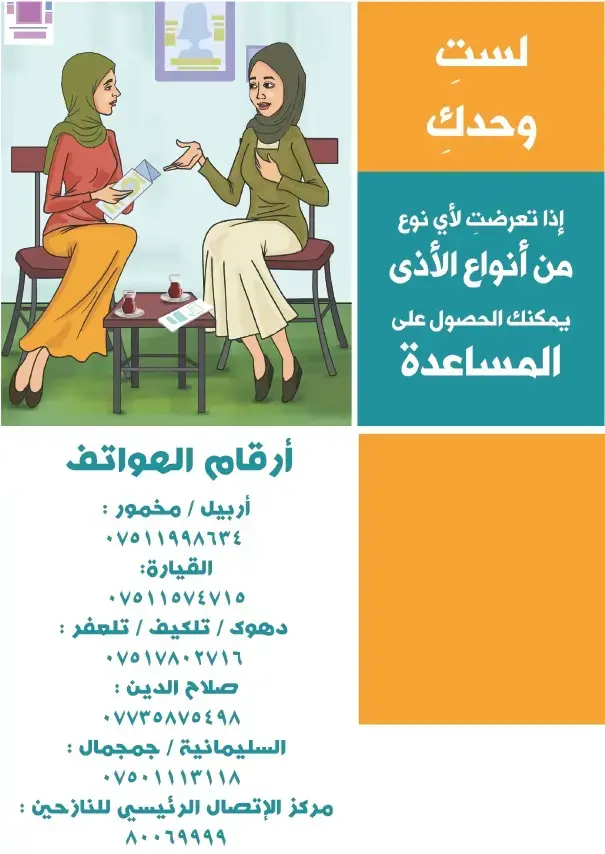Manmati Tailor is a 18-year old girl who is devoting her energy to fight for the rights of adolescent girls in Far-Western Nepal. While listening to stories of trafficked women, adolescent girls and children on FM radio stations operating in her own district of Baitadi, she used to think that the government was not doing enough to combat human trafficking.
Child marriage
Tragedies have been dominating the headlines. War and persecution achieved a terrible new milestone this year effective women and children around the world. Millions of girls are still trapped in a cycle of extreme poverty, child marriage and adolescent pregnancy – misfortunes that have a ripple effect across generations.
It is easy to feel helpless. But change is possible.
Ending Impunity for Child Marriage in Nepal
No. of pages : 32
Publication date : 14/12/2016
Author : JuRI-Nepal, CRR & UNFPA

Child marriage affects both boys and the girls, however, it disproportionately affects girls’ ability to enjoy their rights and freedoms, especially due to the serious risks of sexual and reproductive harms associated with this practice. Child marriage triggers a continuum of reproductive and sexual harms and violations by exposing girls to forced initiation into sex and unprotected sex, as well as early, unplanned, and frequent pregnancies.
RAUTAHAT — At the stroke of 5 am, Kabita Thakur wakes up and in no time starts studying from the chapter she had left the previous day. After six she hurries to her college, 5 km from her home.
Back at home around 11 am, she goes on to a reading spree after lunch. Barring household chores like cooking and cleaning her house in between, she spends most of her time reading until 8 pm, the time she usually goes to bed. “I have to study hard, otherwise I am not on target,” says the 19-year-old who is a graduate-level student.
This is 2016 and yet one in three women worldwide still experiences or has experienced some form of physical or sexual violence, usually perpetrated by someone she knows. Moreover, millions of women and girls have been subjected to other forms of violence and harmful practices, such as female genital mutilation, which affect an estimated 200 million women and girls, or child marriage, with one in three girls in developing countries being married off before the age of 18.
Information, Education and Communication (IEC) Material
No. of pages : 1
Publication date : 22/11/2016
Author : UNFPA

Awarness Raising flyers on the available services to women and girls through UNFPA supported women centers
Your Excellency Madame Truong Thi Mai, Politburo member and Head of the Mass Mobilization Commission of the Party Central Committee
Ms. Dao Hong Lan, Vice Minister of MOLISA;
Mr. Nguyen Viet Tien, Vice Minister of MOH;
Mr. Do Van Chien, Minister/ Chair of CEMA;
Representatives from Government ministries, social organizations, and research institutes;
International development partners, NGOs;
My fellow UN colleagues and media;
Ladies and gentlemen;
A very good morning to you all,
Good morning ladies and gentlemen.
HA NOI, October 25, 2016 – Child marriage is a human rights violation. Despite laws against it, the practice remains widespread, in part because of persistent poverty and gender inequality.
Batticaloa, 10 November 2016: The United Nations Population Fund (UNFPA) in Sri Lanka, through its Youth Policy Programme, works with all Provincial Councils in the country to bring together multi-stakeholders to formulate comprehensive Youth Policies at Provincial-level. Since the start of the Youth Policy Programme in December 2014, UNFPA has facilitated multi-stakeholder engagements with the Provincial Councils of the Southern Province, Sabaragamuwa Province, and the Northern Province.
Investing in 10 year-old girls. West and Central Africa launch of SWOP 2016
Publication date : 08 November 2016
West and Central Africa / Conakry / Guinea - 20 October 2016: President Alpha Condé joined the UNFPA Regional Director Mabingue Ngom to undertake the regional high-level launch of the SWOP in the presence of over 50 young girls, 10 Ministers of Youth from across WCA, several Guinean Ministers, several youth leaders and journalists, the Secretary-General of the Mano River Union, the Resident Coordinator and several heads of mission from across the UN system and development partners.
Pagination
- Previous page
- Page 11
- Next page


